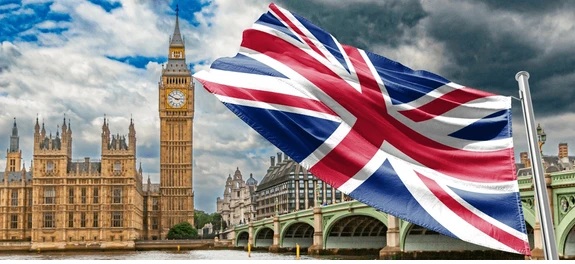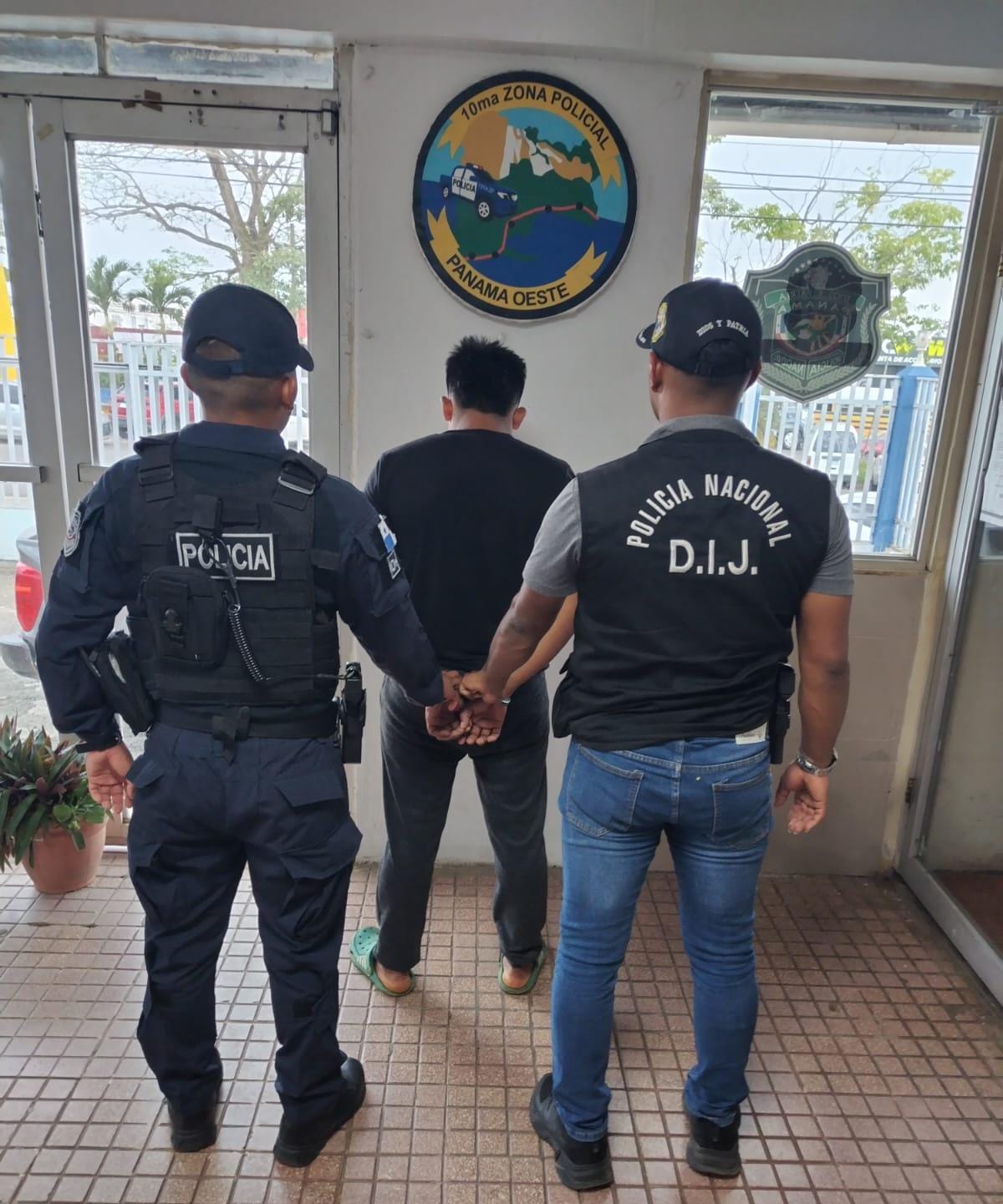Martinelli decreed news blackout “against all standards”

THE NEWS blackout imposed on La Prensa by President Ricardo Martinelli is an undemocratic practice that goes against all standards says an International Human Rights leader.

It was applied on Thursday, October 10 with an order to all government staff to not answer La Prensa questionnaires.
José Miguel Vivanco interviewed by La Prensa said “It is very serious that a government , whether that of Panama , or any other clses transparency and accountability for their actions and recourses , however , to disqualification and discrimination regarding what they are communicating and with whom.
Freedom of speech is a very fragile freedom, very sensitive to the onslaught of power. That is why we must preserve it and must denounce all this so it is known beyond the borders of Panama and thus force these authorities to provide explanations for their behavior. Freedom of expression is the mother of all freedoms. Without it, without full respect its development it is very difficult, almost impossible, to exercise all other freedoms , including protecting fundamental rights and promote the rule of law .
The best thermometer that exists to assess the quality of a democracy is precisely whether or not due respect for freedom of expression. And the media plays a fundamental role , and managing the flow of information of public interest .
Citizens have the right not only to express opinions, and discuss them publicly , but also have a fundamental right to receive information that is not subject to censorship and filters or manipulation by public authorities.
Public authorities should take into account not only the citizens through official speeches but also through scrutiny , control the exercise of power . It is there that is actually measured the levels of competence, and maturity of a democratic system , to the extent that the media can and are able to monitor rigorously and with more objectivity and professionalism the exercise of power by the authorities.
There is no better antidote to corruption and abuse of power that freedom of expression , especially in a region such as Latin America, where the judiciary is often lacking an independent structure , often shy of the power shift; often easy to be coerced or intimidated or even in some cases, easily corruptible . Unfortunately they cannot play a fundamental role in protecting civil liberties and fundamental rights , including freedom of expression obviously , because they fear the power.
It is unfortunate that the media who monitor the exercise of power often face public criticism. Some governments react by intimidating and discrediting with all kinds of epithets those who criticize , including media because they are practically the only entities not controlled by political power .
José Miguel Vivanco , Before joining Human Rights Watch , worked as a lawyer for the Human Rights Commission of the Organization of American States. In 1990 he founded the Center for Justice and International Law , a nongovernmental organization that files complaints before international human rights bodies . Vivanco has also been an adjunct professor of law at the Law Center ofGeorgetown University and at the School of Advanced International Studies at John Hopkins .





